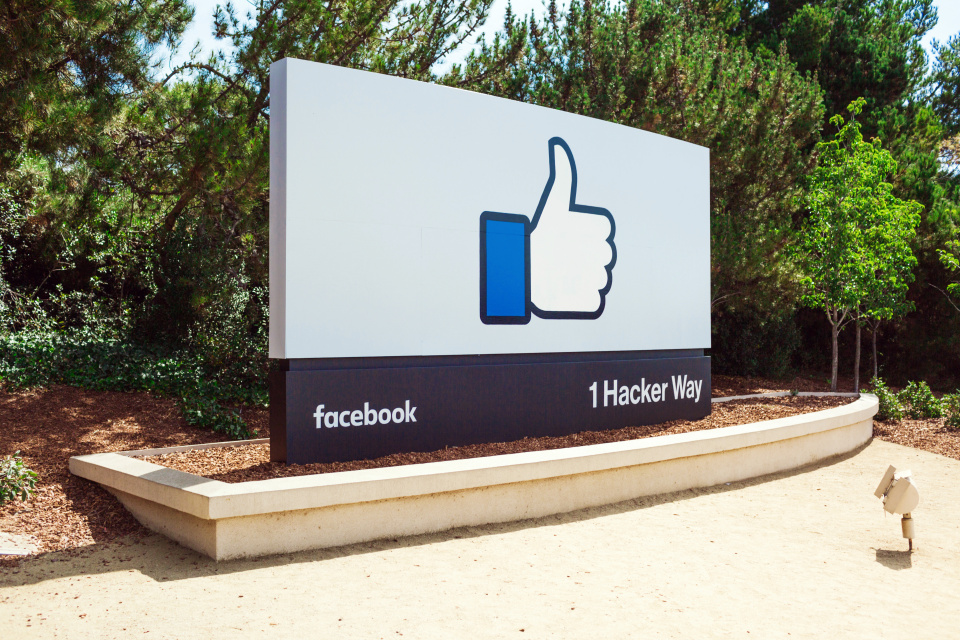 BLOCKCHAIN
BLOCKCHAIN
 BLOCKCHAIN
BLOCKCHAIN
 BLOCKCHAIN
BLOCKCHAIN
Facebook Inc. today finally detailed its long-rumored plan to create a cryptocurrency for spending and receiving money online.
Libra, as the digital coin is called, is scheduled to launch in the first half of next year. It will be powered by a globally distributed and open-source blockchain system that will enable companies other than Facebook to build financial services on top.
The social network plans to make money from the technology with Calibra, a digital wallet for making Libra-based transactions that will hit the market in conjunction with the cryptocurrency. Though closely connected, Libra and Calibra will exist as separate entities. Facebook hopes that decoupling its monetization strategy from the underlying technology will make it easier to build out the partner ecosystem necessary to make the project work.
Libra will be managed not by the social network, but rather by a nonprofit association called the Libra Association that is currently being set up in Geneva, Switzerland. The group is backed by 28 founding members. They include Mastercard Inc., Visa Inc. and PayPal Holdings Inc., major tech firms such as Uber Inc., two European carriers and venture capital powerhouse Andreessen Horowitz, as well as Facebook itself.
All members are limited to a single vote in order to preserve the association’s independence. Membership carries a $10 million minimum entry fee and gives companies the right to operate a “node,” a part of the Libra blockchain network that verifies transactions. The Libra Association itself, in turn, will have the responsibility of protecting the cryptocurrency against price volatility: It will peg Libra’s value to a basket of fiat currencies and short-term government securities.
Facebook’s Calibra digital wallet will use the Libra blockchain to provide a convenient way for users to transfer money online. It’s set to become available for Messenger and WhatsApp, as well as in the form of a standalone app.
The integration with Facebook’s messaging services gives Calibra a potentially big edge over other money transfer services. Users will have the ability to make online purchases and receive money from contacts through the apps they already use to communicate with one another, which is a powerful proposition. It’s also one that appeals to a large market: Facebook’s various apps are used by 2.7 billion people along with 90 million businesses.
Another distinguishing feature of Calibra is the pricing. Facebook will provide the service to consumers for free and charge “very low” transaction fees merchants. David Marcus, the head of the division running Calibra, told CNBC that the social network hopes to make money by providing value-added services such as loans.
Facebook has set up the Calibra division as a standalone subsidiary to create a degree of separation from its core ad business. The company said that it won’t use consumers’ transaction history for ad targeting and will only access the information in limited cases, such as if it suspects fraud.
Facebook will also actively work to protect users from scammers. The company plans to provide refunds to consumers who fall victim to fraud, operate a 24/7 live support line and require all users to verify themselves with a government identification. Facebook is implementing these features as part of an effort to secure money transfer licenses from financial authorities, which it expects to receive in time for Libra’s launch next year.
But the social network’s quest to win over regulators may prove complicated in light of its recent run-ins with privacy laws. Several European politicians have already voiced concerns about Calibra, among them French finance minister Bruno Le Maire. Le Maire reportedly called on the G7 central banks to prepare a report on Facebook’s cryptocurrency push ahead of their governors’ scheduled meeting next month.
What’s more, Facebook faces plenty of competition, from bitcoin to alternative cryptocurrencies such as Ripple. That company, in fact, invested up to $50 million into MoneyGram Monday and expanded its partnership with the money transfer company, which will use Ripple’s XRP cryptocurrency in its operations.
THANK YOU